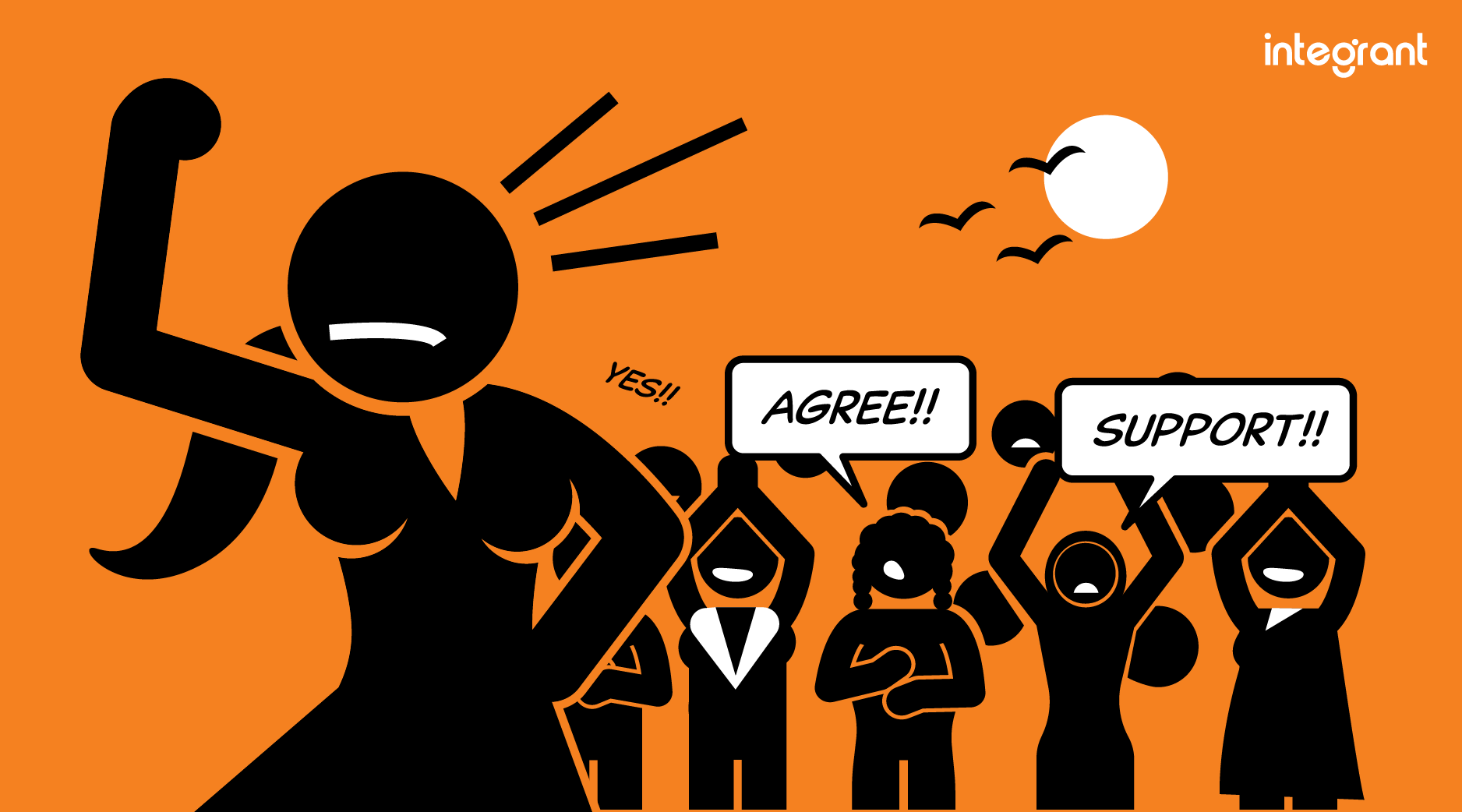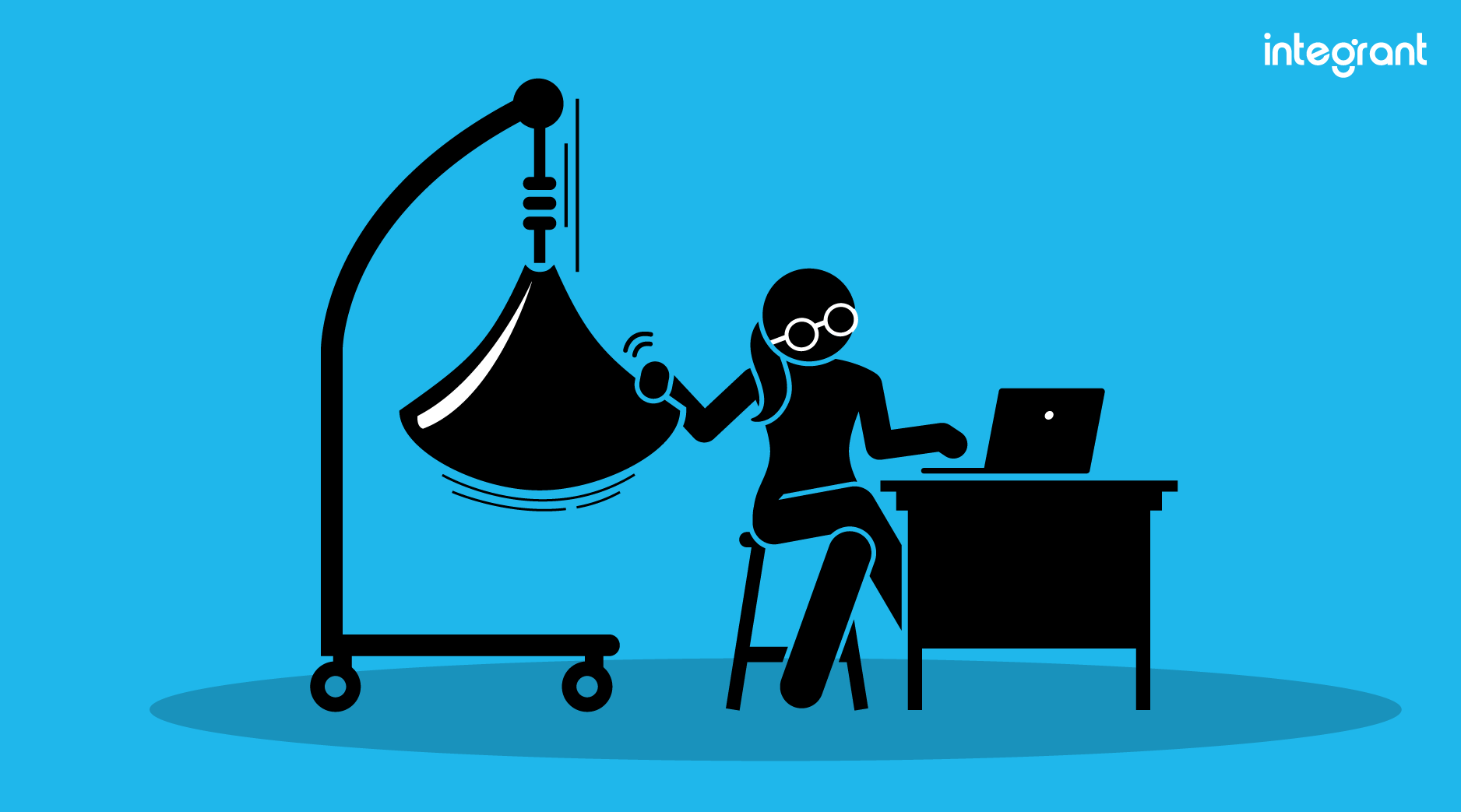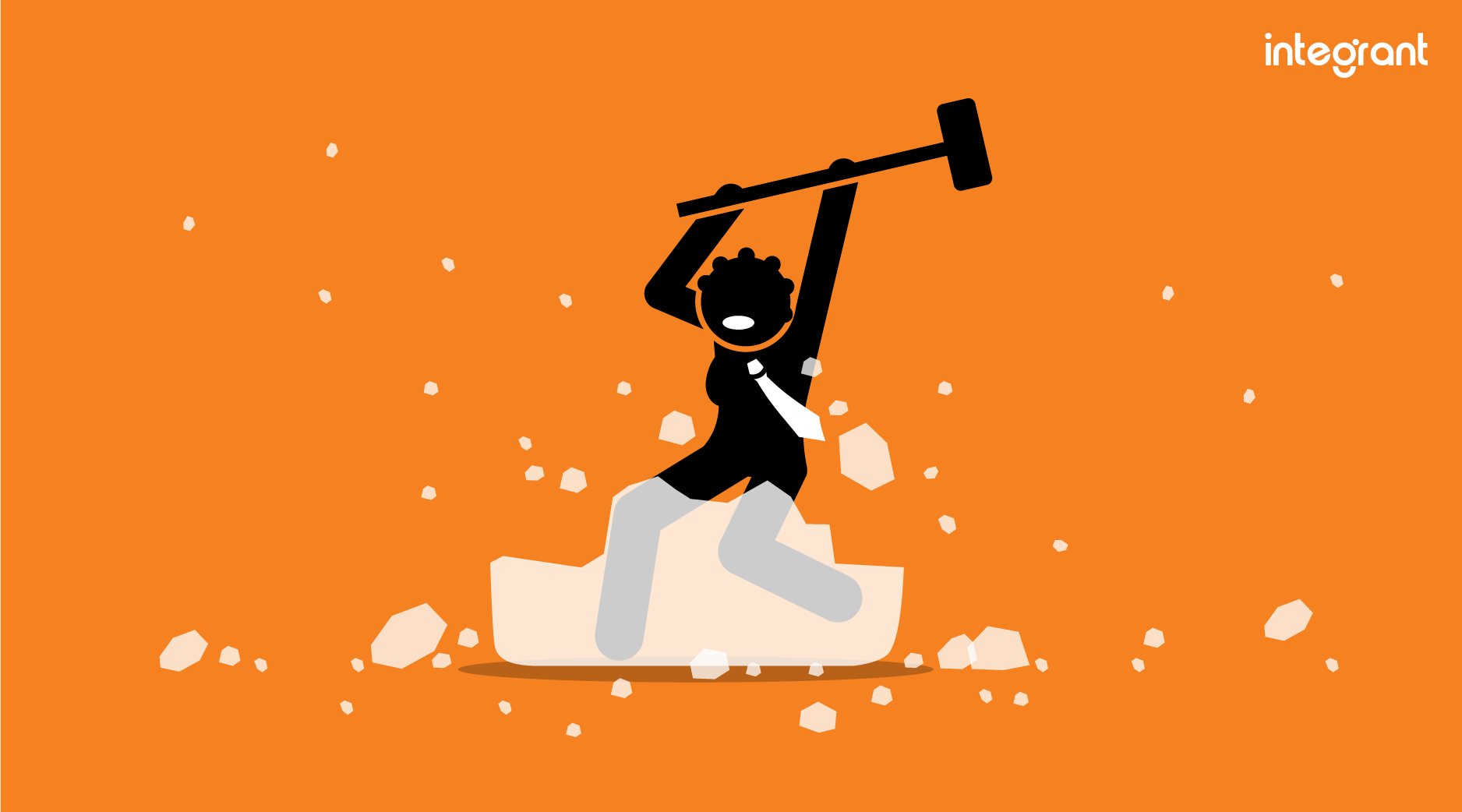Women in Engineering Day: Moving the Needle for Women's Equality

If you caught my Women in Engineering Day blog last year, you already know I’m passionate about empowering women especially in the tech space and I have been surrounded by strong women my whole life.
At a time when there are violent crimes against women all over the world, inequitable access to education, choice, and a long list of other injustices, I believe it’s more important than ever to create an impactful, safe environment for women—and equality—to thrive.
We have operated in Jordan since 1997 and Egypt since 2008. I have worked for Integrant since 2006. One of the accomplishments I am most proud of is the culture we created and the positive impact we have had on how women are perceived and treated. I’m currently in Egypt and love witnessing this in-person.
Earlier this week, I was made aware of a shocking story. One that for most of us is unimaginable. But let’s ask ourselves whether this is different than the violence against women in the US.
The headlines in Egypt say, “Woman Murdered for Turning Down Marriage Proposal,” but 21-year-old University student Naira Ashraf was murdered by a classmate on June 20.
In Egypt, you propose marriage and ask for permission to be engaged or the equivalent of courting in the US. Naira wasn’t interested and her family fully supported her decision. She said no. Her family said no. He continued to harass her in person and online. In response to the clear rejection, he murdered her in broad daylight just outside the campus they shared.
Just today, a new headline appeared: "Jordanian girl Iman Irsheed shot dead by man disguised as student at university campus."
Egypt is outraged.
The Arab world is outraged.

Egyptians are asking how many young women say yes because they are afraid? How many young women are harassed? How many women have a story like Naira’s and Iman's? What are we going to do to make sure this never happens again?
And in the US, how many of us think twice before speaking up? How many of us have been belittled, disrespected, discriminated against, harassed? How many of us have a story like Naira’s? Like Iman's?
We may never reach “never again,” but we can and do have an impact through our daily actions and decisions.

Many of our engineers and leaders are mothers. They are mothers supported by mothers, mothers-in-law, husbands, and family. Their careers are encouraged, sacrifices recognized, and accomplishments celebrated. Their children look to them and see possibilities. I wonder how far our ripple effect will be in the years to come. Whether we are helping to prevent another story like Naira’s, or yours, or mine.
We created a culture and environment supporting women. Integrant men see women as equals from the moment they are hired, while they are coached, and fairly promoted. We built this culture step-by-step, through scenario-based training, discernment in hiring, a safe space to ask questions, and a lot of meaningful discussions.

I’ll share just a few memorable milestones.
One of our veteran squad leads called me many years ago to ask, “Julie, I spoke to my mother, and she gave me great advice, but I want to hear your opinion about a situation about a woman in my squad. Can we talk?” He asked whether he was assessing and coaching a female employee fairly. I ended the call with a silent cheer and fist pump no one else saw. He asked. He called his mom! We reached an extremely challenging milestone. We reached a stage where he wanted to check in, felt safe to ask, and took steps to make sure he was being fair.
We hired a woman and very shortly after she joined us, our Squad Leads learned she was pregnant. They were initially upset. In Egypt, there are fewer regulations on personal information during an interview. Our Squad Leads believed she should have revealed her pregnancy before we made an offer. We asked if they would have hired her if they knew. They assured us, “Yes!” They were mostly upset about the deception. We asked if they could understand why she was afraid. We discussed whether an employee who stays with us 5+ years and takes parental leave once, twice, or three times is better for continuity and project delivery than hiring and replacing multiple people over the same time period. It was a great discussion, and we all learned a lot.
Many years ago, we removed a female leader who did not believe in hiring women. She didn’t believe most women would work the same hours or late hours (as she did). As a tech firm working with global teams, we shift our workday to overlap and communicate. We tried to coach her to remove assumptions, ask everyone the same questions during the recruiting cycle, and to apply the same policies to both genders. Unfortunately, she couldn’t overcome her bias.

As I reflected on these and other stories, it was easy to think about all of the work that we still can, will, and need to do. We still have a lot of ideas. We can do more to make sure people feel safe reporting or escalating mistreatment. We can provide more training. Pre-pandemic, we were even working toward onsite childcare. And so much more.
But, despite these stories, it’s both rewarding and humbling to see our work environment has changed significantly. We have leaders who have no concerns over hiring women, mothers, and women who are expecting. We have engineers of all levels who respect and take direction from women. We’ve created flexible maternity leave, working hours, and work from home policies enabling both fathers and mothers to strike the right work-life balance for their families. We have equal pay.

I started with a sad story – one that shows we still have so much more work in changing how women are perceived. We are not assets. We are equals. We have choices.
In reflecting on what this day means to me, today and every day, I am honored to work with so many talented women in engineering and men who support us.
I look forward to continuing to change perceptions about women in the workforce. I look forward to seeing the impact we're making with our teams, their families, future generations, our customers, our community. I look forward to when there is absolutely no question of equality and choice.
Until then, you’ll find us creating new programs to this end and continuing to build toward increasing equality one day at a time.